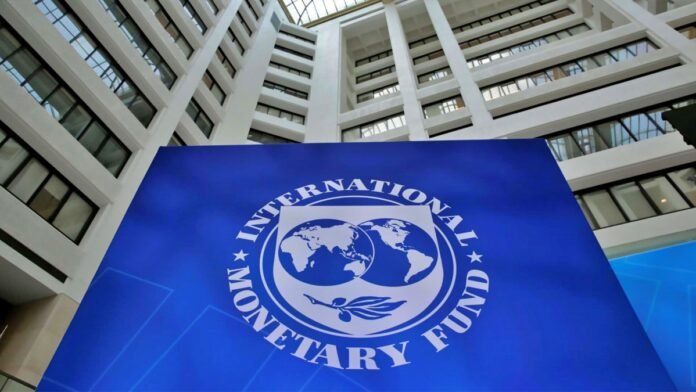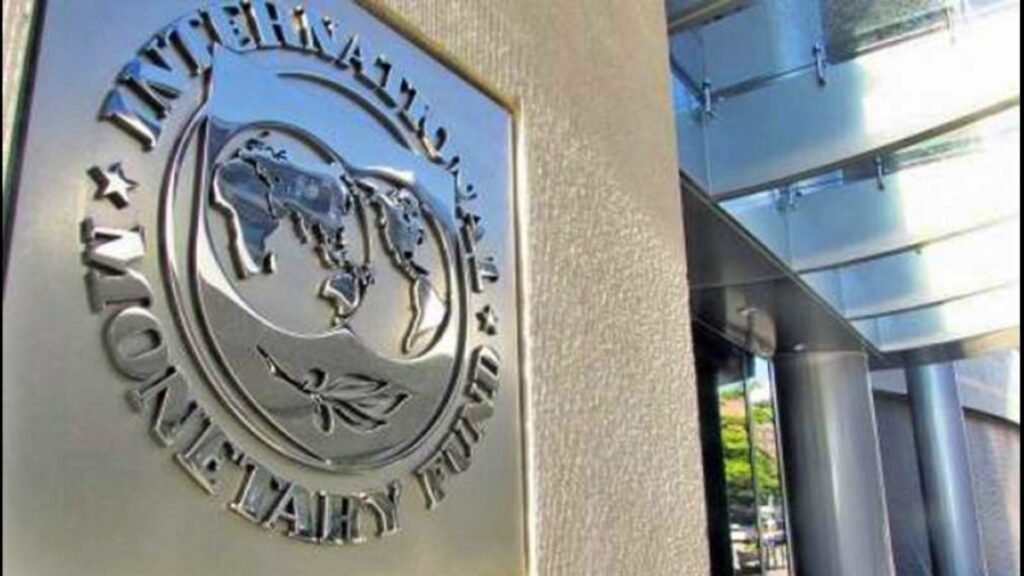
New Delhi: Even in the difficult global situation, the Indian economy is growing steadily and rapidly. The International Monetary Fund (IMF) on Tuesday increased India’s GDP growth rate by 20 basis points to 6.1 percent for the financial year 24. For this, the IMF cited stronger economic conditions than expected in the March quarter of FY2023.
In its Global Economic Outlook update released in April, the IMF said, “India is projected to grow at 6.1 percent in 2023, up 0.2 percentage points from its April forecast.” India’s economic growth was projected to accelerate to 6.1 percent in the March quarter of FY2023, better than analysts’ expectations, as the manufacturing and construction sector showed a better performance.
GDP growth is estimated to be 6 to 6.5 percent in FY 24
Most economic analysts expect the Indian economy to grow between 6 and 6.5 percent in FY24, while the Organization for Economic Co-operation and Development (OECD) last month revised its growth forecast for FY20 to 6 percent, the Reserve Bank of India expects the economy to expand by 6.5 percent during the fiscal year.
Economic stability in US-UK, recession in Germany
The IMF increased its outlook for the global economy for 2023 by 20 basis points to 3 percent. Also, revised growth forecasts for the US (20 bps) and the UK (70 bps), while the UK economy is no longer expected to suffer in 2023. However, Germany is the only major economy experiencing recession with an estimated 0.3% decline during the year.

However, the IMF cautioned that inflation is likely to persist and may increase further. At the same time, the IMF expects the Federal Reserve to raise interest rates higher than anticipated in April 2023 WEO to a pickup of around 5.6 percent before cutting in 2024.
The report said, “The resolution of the US debt ceiling issue and the tough measures taken to end the American and Swiss banking crisis at the beginning of the year have reduced the risk of turmoil in the financial sector.





















































